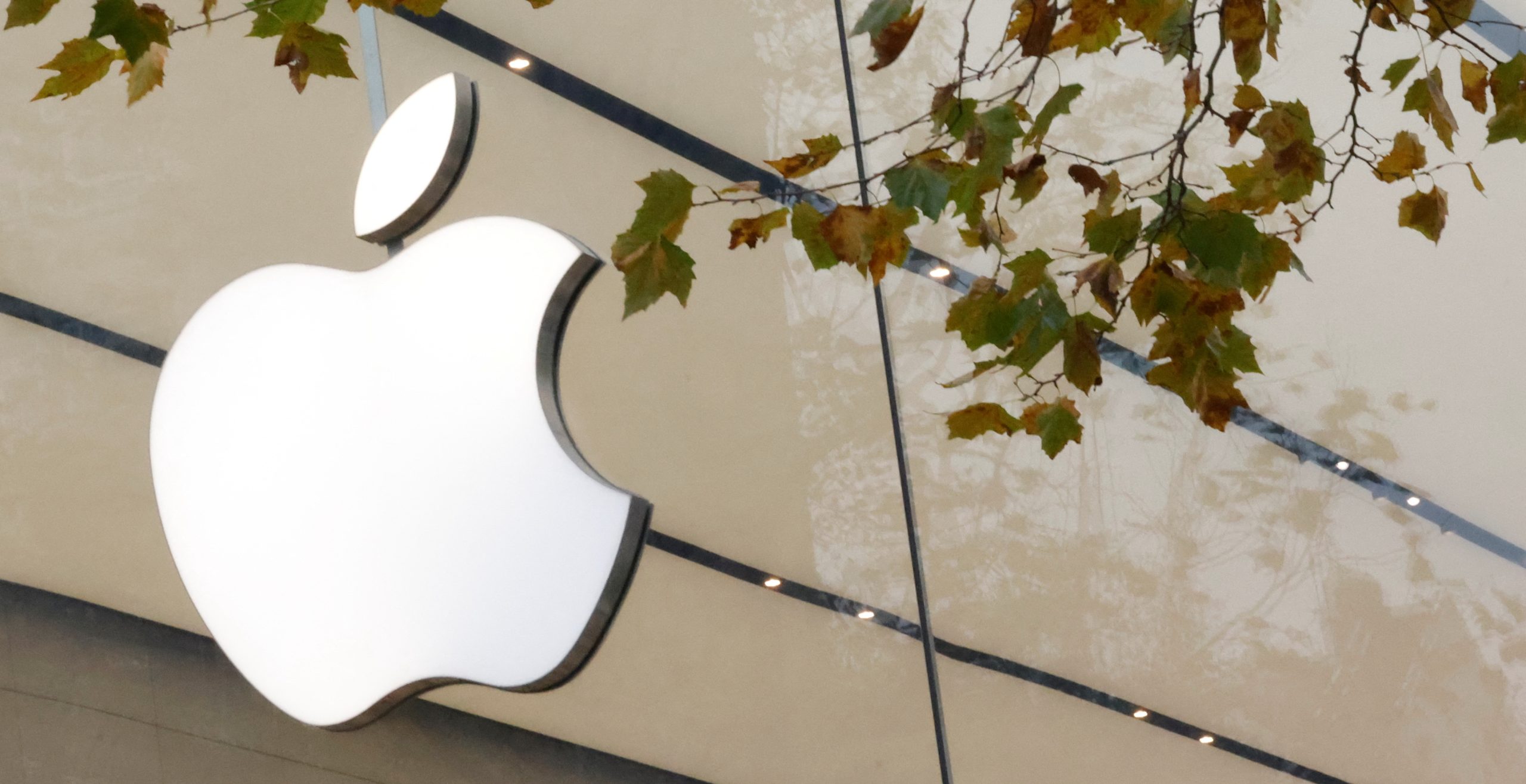
The fate of TikTok in the United States has been a contentious issue for years, with recent developments indicating an escalation in the conflict. As the popular video-sharing platform faces the threat of a ban, Congress is actively pursuing federal legislation to address concerns over national security and ownership. Here’s a detailed timeline of the events leading up to the current situation:
FBI’s Warning: For years, the FBI has raised alarms about TikTok’s potential national security risks, citing the Chinese government’s alleged influence over ByteDance, TikTok’s parent company. Concerns have centered around the possibility of the Chinese government controlling software on devices in the U.S. and conducting influence operations through the app.
Trump’s Executive Order: In 2020, then-president Trump issued an executive order aiming to ban TikTok due to national security concerns. He advocated for an acquisition of TikTok by Microsoft, which ultimately fell through. Subsequent efforts led to Oracle’s bid to become TikTok’s “trusted technology partner” in the U.S., with assurances of data protection and security.
Project Texas: In June 2022, TikTok initiated Project Texas, a $1.5 billion endeavor to enhance data security and assure users of the platform’s safety. This involved routing all U.S. user data to Oracle’s cloud infrastructure and undergoing rigorous vetting of algorithms and content moderation models.
Biden Administration’s Actions: The Biden administration took steps to regulate TikTok in February 2023, banning the app from federal devices. However, efforts to court young voters led to the Biden campaign joining TikTok shortly after.
Congressional Testimony: TikTok CEO Shou Zi Chew defended the company before lawmakers in March 2023, emphasizing its data security measures. Despite assurances, some members of Congress advocated for a complete ban of the app.
State Bans: In May 2023, Montana became the first state to sign legislation banning TikTok, followed by other Republican-led states. However, a federal judge later blocked Montana’s ban.
Congressional Legislation: In 2024, Congress moved forward with bipartisan legislation to compel ByteDance to divest its ownership of TikTok within 165 days. A House committee voted unanimously to advance the bill, signaling potential bipartisan support.
As Congress takes decisive action on TikTok, the platform’s future in the U.S. remains uncertain. With a House vote scheduled and President Biden’s commitment to sign the legislation, the debate over TikTok’s presence in American society continues to unfold.
The ongoing saga underscores the complexities of balancing national security concerns with the benefits of technological innovation, particularly in the realm of social media and digital platforms.
For more updates on the TikTok ban and other legislative developments, stay tuned to our blog. We’ll continue to monitor the situation and provide insights into the evolving landscape of technology and governance in the United States.
#TikTok #TikTokBan #Congress #Legislation #NationalSecurity #Technology #DigitalGovernance #ByteDance #SocialMedia
For more insights and updates, visit our KI Design blog here.
Stay connected with us on Twitter for the latest news and discussion





